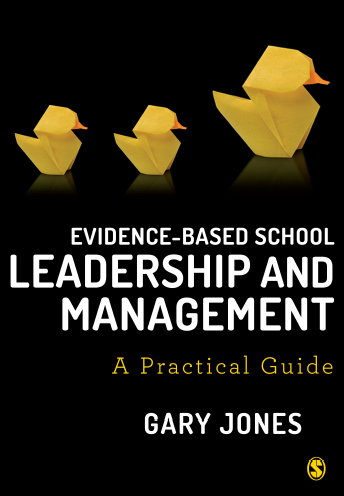At the start of term there is normally an unusual number of birthday cakes in school staffrooms, as colleagues who have had birthdays over the summer break bring cakes into school for a belated birthday celebration. However, if you are school research lead or champion, what you really need to share with colleagues is something known as a ‘causal cake.’ The concept of a ‘causal cakes’ is particularly useful as it will help you get a better idea of the knowledge needed to help you make reliable predictions as to whether interventions that worked ‘somewhere’ will work ‘here’ in your school. So to help you do this - I’m going to draw upon the work of Cartwright and Hardie (2012) and their work on casual cakes and support factors.
Read MoreThe school research lead, the three legged stool and how to avoiding falling on your backside
s a school research lead you will have no doubt spent some of your summer reading research articles – be it systematic reviews or randomised controlled trials RCTS - and thinking about whether the interventions you’ve read about will work in your school and setting. Indeed, you may have been working on a PowerPoint presentation making the case for why some well researched and evidenced teaching intervention which has shown positive outcomes in other schools, should be adopted within your school. So to help with you with the task of developing an argument - which begins with ‘it worked there’ and which concludes ‘it’ll work here’ - I am going to lean on the work of Cartwright and Hardie (2012). However, before I do that, it’s necessary to: define a number of terms, the understanding of which are central to getting out the most of out of this blogpost; then, clarify the causal claim being made when we say something ‘works’.
Read MoreThe school research lead and RCTs - what can a systematic review tell us?
As a school research lead one of the things that you will have to get grips with is the debate over whether randomised controlled trials (RCTs) can make any meaningful contribution to understanding ‘what works’ in educational settings. Helpfully Connolly, Keenan, et al. (2018) have recently had published systematic review on the use of RCTs in education, which seeks to address four key criticisms of RCTs: it is not possible to undertake RCTs in education; RCTs are blunt research designs that ignore context and experience; RCTs tend to generate simplistic universal laws of ‘cause and effect’; and that they are inherently descriptive and contribute little to theory. So in this rest of this post I will provide extracts from the systematic review, examine the review’s answer to the questions posed, identify some missed opportunities, and finally, make some comments about RCTS and the work of school research leads.
